11 naughty sounding scientific names (and what they really mean)
From Turdus Maximus to Pinus Rigida

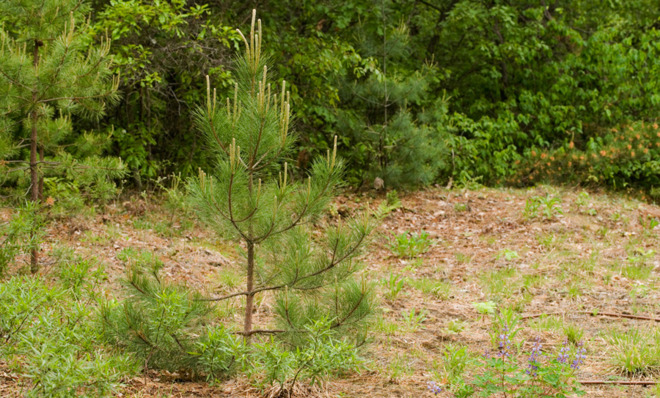
A free daily email with the biggest news stories of the day – and the best features from TheWeek.com
You are now subscribed
Your newsletter sign-up was successful
It's a big world of flora and fauna out there, and scientists need to classify and label it. They've come up with a lot of terms that are humorous on purpose (stupidogobius, ytu brutus, inglorious mediocris, Roberthoffstetteria nationalgeographica, etc., etc.) but there are a few that are perfectly innocent Latin or Greekisms that just happen to sound like something else.
Are you ready to get immature? Here are 11 naughty-sounding scientific names, and what they really mean.
1. TURDUS MAXIMUS
The Week
Escape your echo chamber. Get the facts behind the news, plus analysis from multiple perspectives.

Sign up for The Week's Free Newsletters
From our morning news briefing to a weekly Good News Newsletter, get the best of The Week delivered directly to your inbox.
From our morning news briefing to a weekly Good News Newsletter, get the best of The Week delivered directly to your inbox.
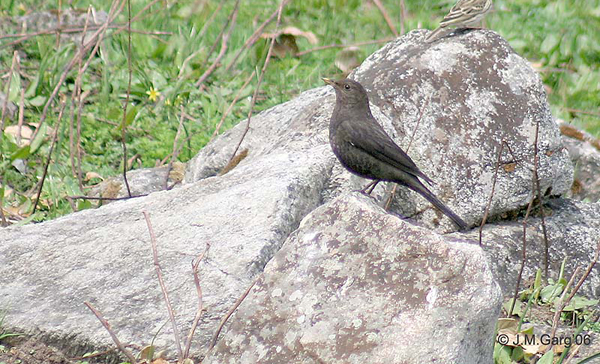
Wikimedia Commons
Turdus is Latin for the bird we call a thrush. Maximus means biggest or greatest. This turdus maximus is a beauty, don't you think?
2. TURDUS MIGRATORIUS
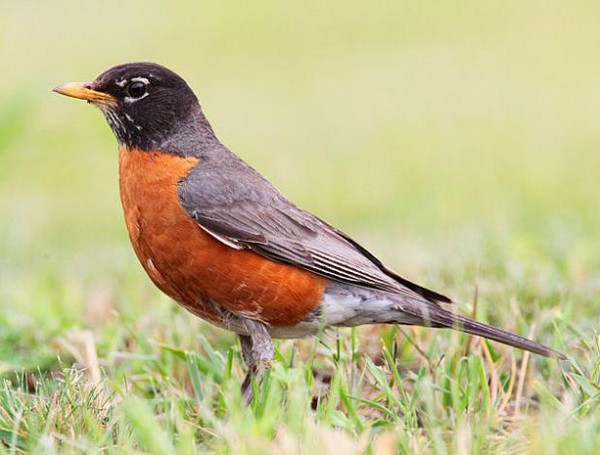
Wikimedia Commons
A free daily email with the biggest news stories of the day – and the best features from TheWeek.com
Behold the American Robin, a migratory bird. A turdus who gets around.
3. COLON ASPERATUM
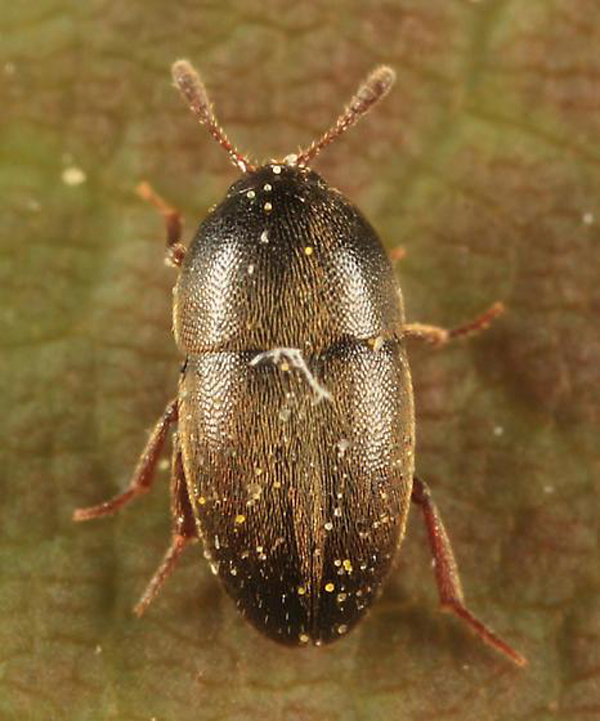
The Colon genus of beetles originally got its name from kolon, the Greek word for limb or joint, and while asperatum brings to mind inhaling, it actually means roughened, from the Latin asper, for rough. Just a rough joint here. No reason to giggle.
4. BUGERANUS
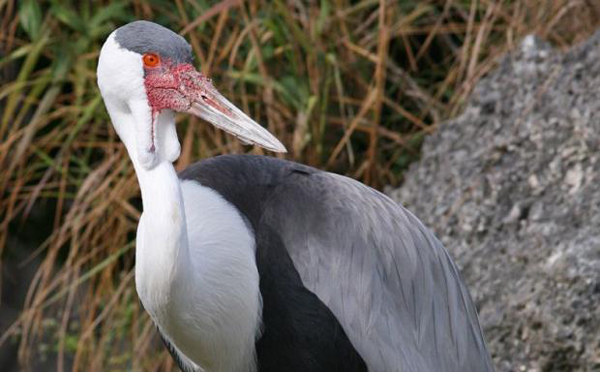
Wikimedia Commons
Otherwise known as the Wattled Crane, Bugeranus gets its name from the Greek bous (ox), and geranus (crane). It gets its disapproving facial expression from being called a bugeranus.
5. FARTULUM

This type of snail was named for its cylindrical shell that looks like a tiny sausage. It comes from Latin farcire, to stuff. A fartum is a stuffed thing, and a fartulum is a little stuffed thing, AKA a tiny sausage. It would make an excellent science fair project topic for a second grader.
6. ARSES INSULARIS
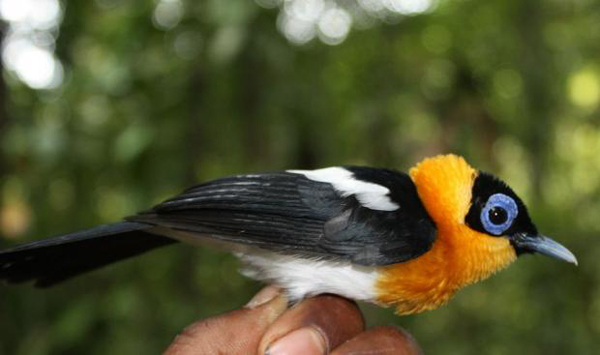
The Ochre-collared Monarch was named for Arses, the ancient King of Persia. It lives in the islands (insulae in Latin) of Indonesia and Papua New Guinea. Isn't it regal-looking? A real royal arses.
7. TEXANANUS AREOLATUS
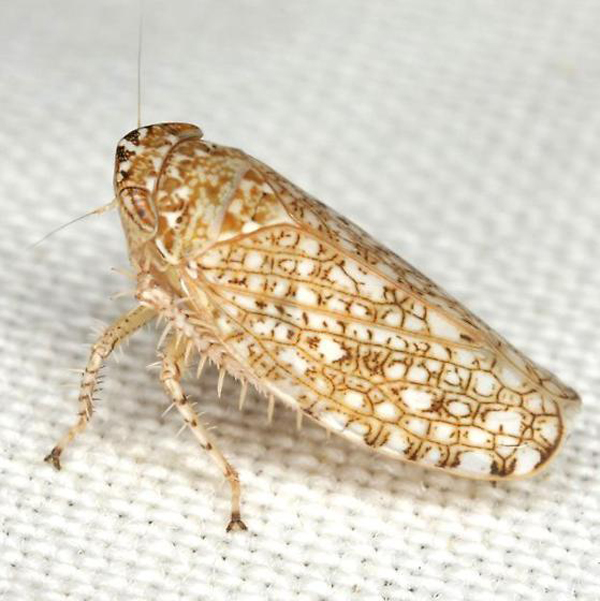
In Latin, an areola was a small open space, like a garden or courtyard. In botany, "areolatus" is used to describe patterns of small clearings or spots. The anus suffix in Latin makes an adjective out of a place. If you're from Rome, you're Romanus. If you're from Texas, like this spotted leafcutter, you are Texananus.
8. BOTRYOTINIA FUCKELIANA

The Botryotinia part of this fungus name comes from botrus, the ancient Greek for a cluster of grapes. The other part honors famous German mycologist Karl Wilhelm Gottlieb Leopold Fuckel.
9. PINUS RIGIDA

Wikimedia Commons
This is a very sturdy pine tree. There are many of this variety in New Jersey.
10. DORCUS TITANUS
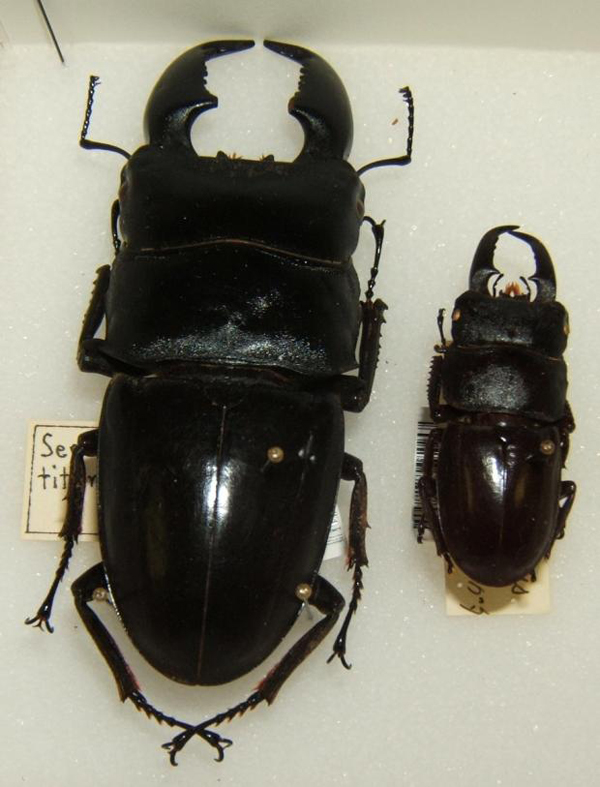
Wikimedia Commons
We call this the Giant Stag Beetle because it looks like it has horns. Dorcus is Latin for antelope. This dorcus is not to be messed with.
11. POOSPIZA HYPOCHONDRIA
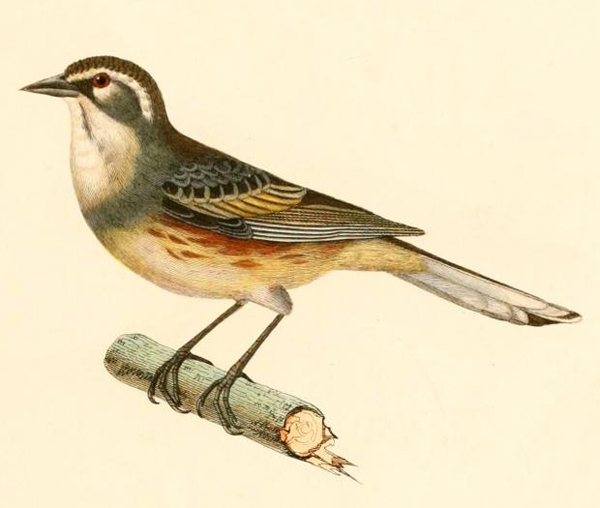
Wikimedia Commons
The Rufous-sided Warbling Finch may have some worries about its health (it is a threatened species), but hypochondria comes from the Greek for "under the ribs," where this beauty has a lovely red marking. The poospiza breaks down not as poos-piza, but as poo-spiza, spiza being ancient Greek for finch. The poo is from poa, meaning grass.
Arika Okrent is editor-at-large at TheWeek.com and a frequent contributor to Mental Floss. She is the author of In the Land of Invented Languages, a history of the attempt to build a better language. She holds a doctorate in linguistics and a first-level certification in Klingon. Follow her on Twitter.
